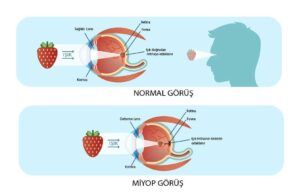
ask a doctor
infectious diseases between humans and animals, Infectious diseases can be transmitted between humans and animals, and this is known as zoonotic diseases. These diseases can be caused by viruses, bacteria, parasites, and fungi.
Some examples of zoonotic diseases include:
Rabies: Rabies is a viral infection that is transmitted through the bite of an infected animal, such as a dog, raccoon, or bat.
Salmonellosis: Salmonellosis is a bacterial infection that is commonly spread through contaminated food or water. It can also be transmitted through contact with infected animals, such as reptiles, amphibians, and poultry.
Lyme disease: Lyme disease is a bacterial infection that is transmitted through the bite of an infected tick. It can be found in wild animals such as deer, and can be transmitted to humans and pets through tick bites.
Avian influenza: Avian influenza is a viral infection that affects birds, including poultry. It can be transmitted to humans through contact with infected birds or contaminated surfaces.
Ebola virus disease: Ebola virus disease is a severe and often fatal viral infection that is transmitted to humans through contact with infected animals, such as fruit bats, monkeys, or chimpanzees.
It is important to take precautions to prevent the transmission of zoonotic diseases, such as practicing good hygiene, avoiding contact with wild or stray animals, and properly cooking and handling food. Vaccines are also available for some zoonotic diseases, such as rabies.







